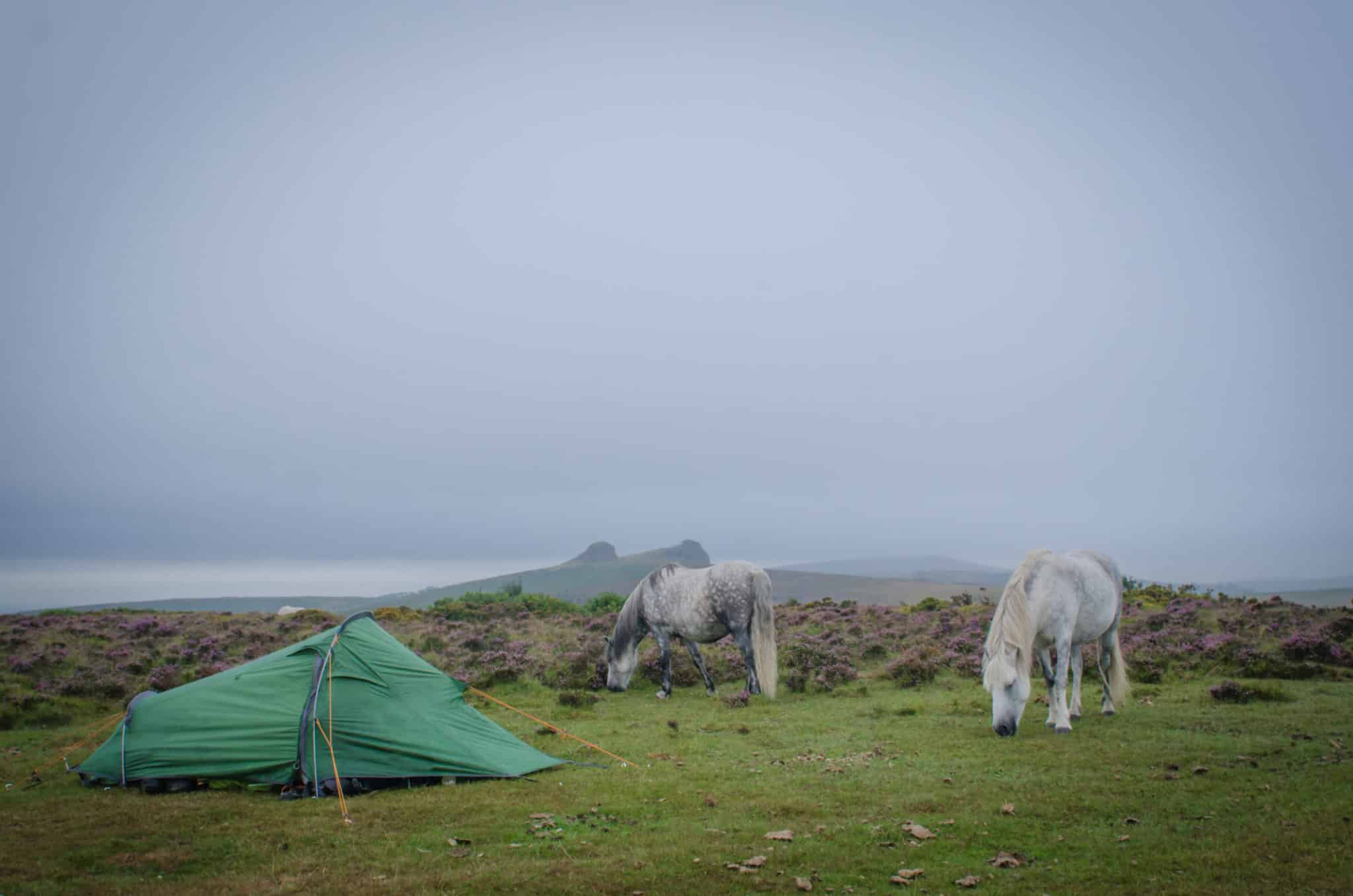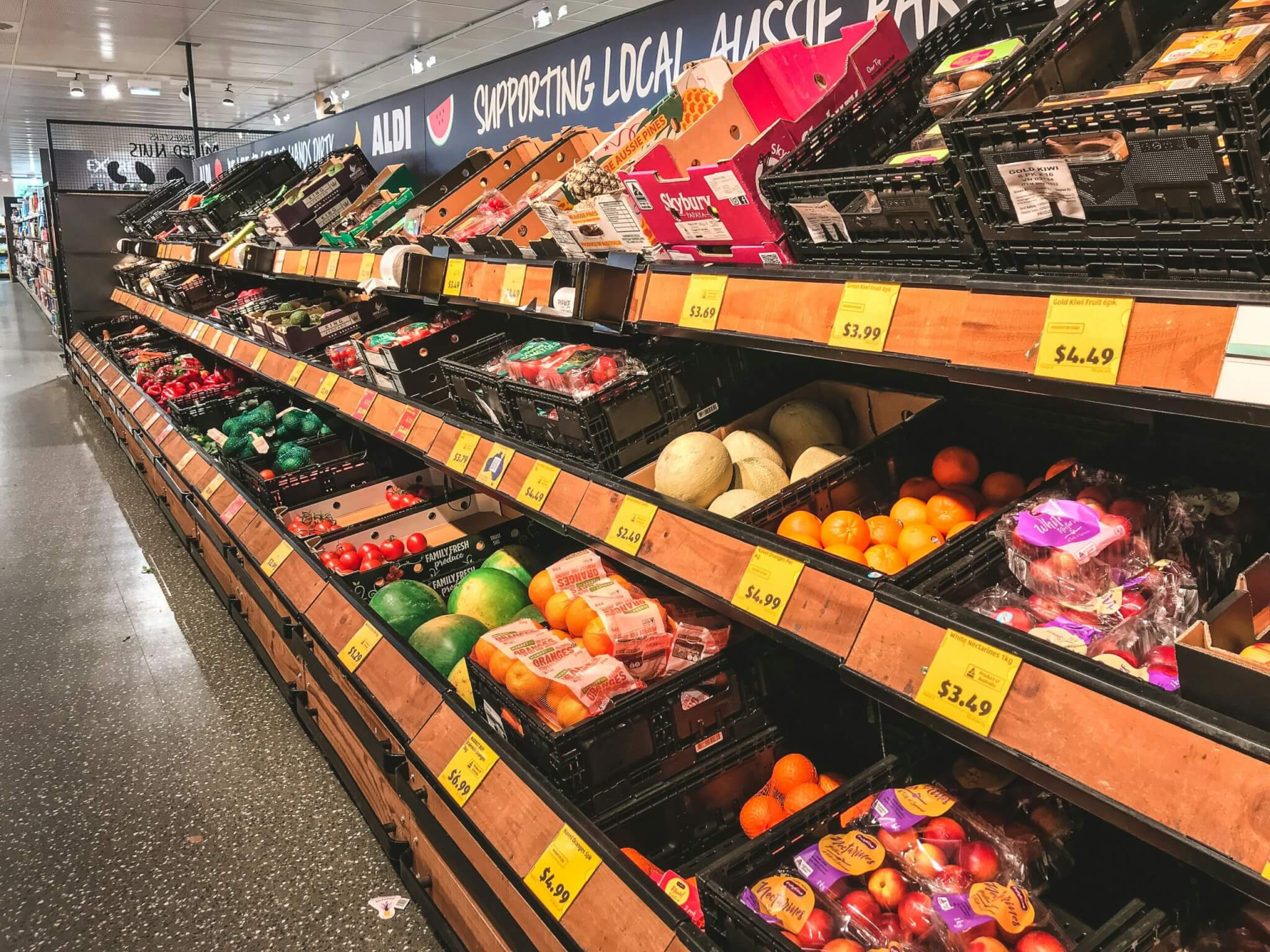Like many who grew up in Devon or took part in the annual Ten Tors expedition, I walked into Dartmoor and wild-camped many times with schoolfriends, and later with my children. Deep in the moors, away from traffic noise and light pollution, we entered a priceless shared realm, free of money and property rights, where all were equal. In 50 years, I have never found so much as a crisp packet left behind; without overt rules, the huge majority respected the sanctity of the shared wilderness.
Sadly, the same cannot be said of Alexander Darwall, a hedge fund manager who already owned a 16,000-acre estate in Scotland, and bought a 4000-acre estate on Dartmoor in 2011 – to run pheasant shoots and holiday lets, and make even more money. Evidently not a man to share willingly, Darwall initiated and funded a legal challenge to the right to wild camp, and won, surely becoming the most loathed man in the county.
Even our local Conservative MP (having previously registered a £5000 donation to his campaign office from Darwall) is trying to distance himself from the stench of abused privilege.
For centuries, while mainland Europe was in revolutionary turmoil, Britain’s rich and powerful avoided the guillotine by granting just enough, just in time. We remained governable through the observance of a loose but implicit and evolving social contract. Historically, the rich, and particularly landowners, have accepted (to varying degrees) that with their privilege came responsibilities: to maintain byways, grant reasonable access, be charitable, and yes, occasionally, to pick up other people’s litter. Now it seems that some feel responsibility only to themselves.
Darwall’s arrogance, ignorance and selfishness represent the most blatant and extreme trashing of our social contract by the rich and powerful. The privatisation of shared public spaces, be they school playing fields, oceans, or national parks, tragically undermines the fabric of our society and takes us one step closer to breakdown.
If a winter of discontent evolves into revolution, don’t blame Mick Lynch and the trade unions; the cause will be the abuses of the Darwalls, Baroness Mone, and parties at Number Ten. I hope I don’t lose my head along with them.
If you’d like to support the campaign for free and fair public access to the English countryside, find out more and get involved at righttoroam.org.uk.












Well said Guy. Barriers and fences are becoming all too common on rights way as land ownership passes to the current load of self serving barons who care little for the right to roam. No time to lose one’s head just yet.righttoroam.org.uk.
Well said , I entirely agree . Is it time for another Kinder Scout type protest ?
Well said, Guy.
Plus the use of pheasants as targets.
They gobble up all the insects and cause a loss of wild bird life.
I loved your article, I did not realise how much of the land we live on was forbidden to us. The general public need to be made more aware. Thank you
I recommend Simon Winchester’s new book, ‘Land’. It’s very good. Has a chapter on right to roam. I got told off by a local landowner for ambling round one of his fields that has a footpath in it. He had the legal high ground in English law. He wouldn’t have had in Scotland, or Sweden, or Finland – or even in Belarus!
And as for breeding and releasing pheasants – don’t get me started.
I agree. It is a shame that people owning so much land want to keep out all intruders. As a society we are not learning much, and people are not wanting to ‘play nicely’ as my mother would say. Will we ever learn?
Heartily agree with what you say.
The loss of wild camping on Dartmoor is horrible, despite the partial roll back https://www.newsandstar.co.uk/news/national/23262830.agreement-struck-allow-wild-camping-parts-dartmoor/ but it’s part of a much bigger picture in the UK to limit public access to and use of what looks like common land or space.
For decades, privately owned public spaces (POPs) have been invading our urban environment with the alacrity of Japanese knotweed, and just as hard to eradicate.
Cash-strapped local councils sell off the derelict bus station, or the crumbling brutalist high rise carpark, for a one-off boost to income and happier books for that year (the excuse is they will eventually recoup zillions in business and council taxes). In comes the commercial building developer, puts up an unobtrusive development quiet sign with their company name in small print, and announces the swanky office development, including, naturally, some completely unaffordable ‘social’ housing. What many people don’t realise is the smart new ‘plaza’ linking these buildings is now entirely controlled by the site owners who can ban photography, police it with their private security heavies, and prevent public protest. Once established, it’s very difficult to discover where these sites are or who owns them. Pause for thought when you next walk past what looks like a community garden: chiselling off corners of public parks is a favourite POPs tactic.
Petition
Enshrine in law rights to roam and wild camp in national parks
https://petition.parliament.uk/petitions/631241
I agree totally Guy, when you say that the rich and powerful are undermining the fabric of our society and it is happening all over the world, not just here in the UK.
Unless we all understand what is really going on and stand up for our freedom, never mind a winter of discontent – we will be in for a lifetime of discontent.
https://stopworldcontrol.com/unevent/?inf_contact_key=c01de55bb1629280f17b7869d71d7b7eb7af0999dac2af6212784c39e05d2aef
A ray of sunshine in this foggy world. Your article on the morality surrounding land ownership and sharing it is inspirational. Thanks for sharing your thoughts with us all.